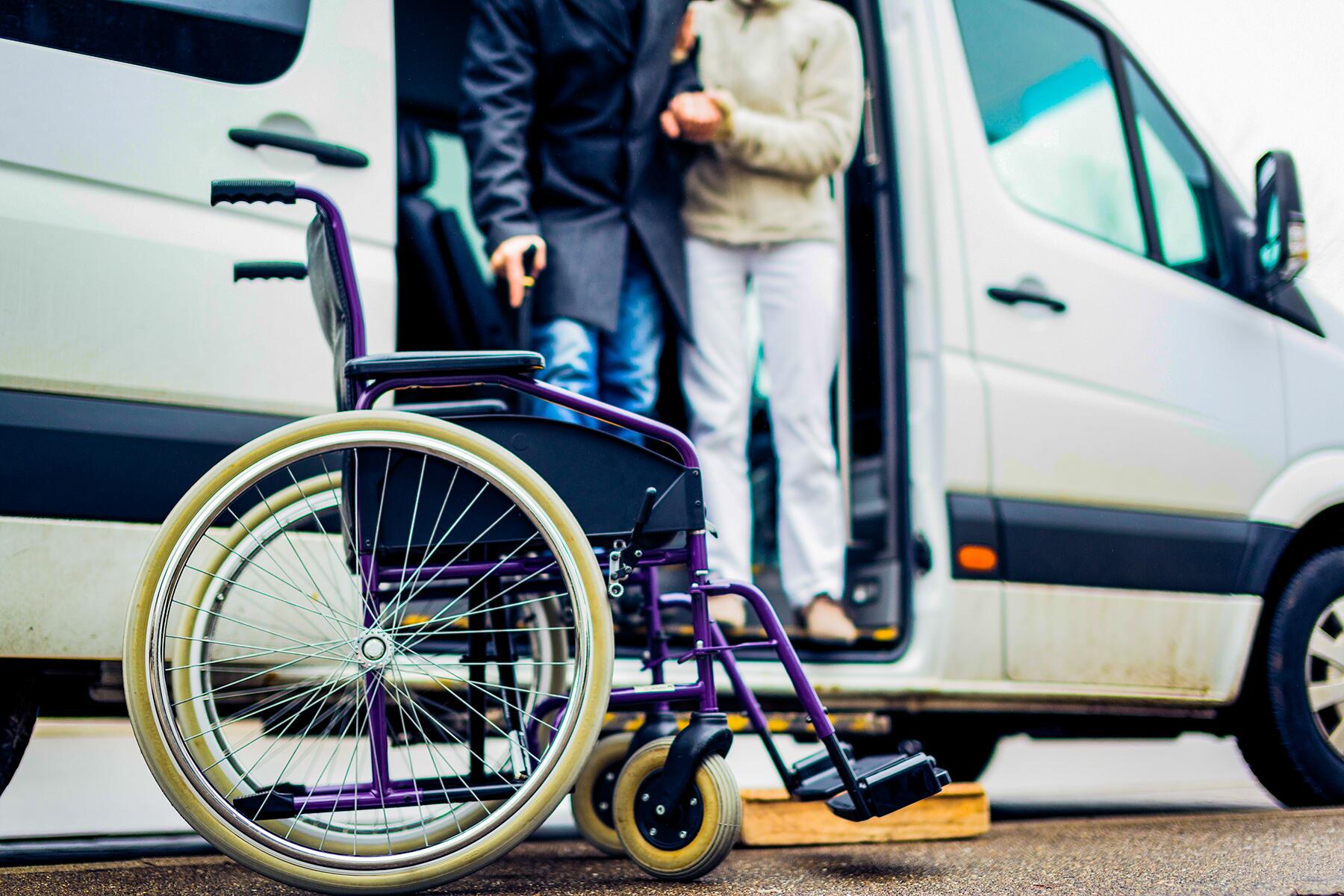Rental car insurance doesn’t have to be the mysterious threat we make it out to be.
If you’ve ever rented a car, you know that inevitable moment when the rental car associate begins to pressure you to sign up for all the different kinds of insurance. Should you sign it? Rental car insurance used to feel like a lose-lose situation. It was that expensive add-on that made me feel duped when I signed up for it and anxious when I didn’t.
Having had my fair share of disastrous rental car experiences, I am now one of those people who reads all the terms and conditions before signing waivers. If you’re wondering whether or not you should buy the car insurance from the rental car company, let these 10 points be your guide (but not your legal advice).





